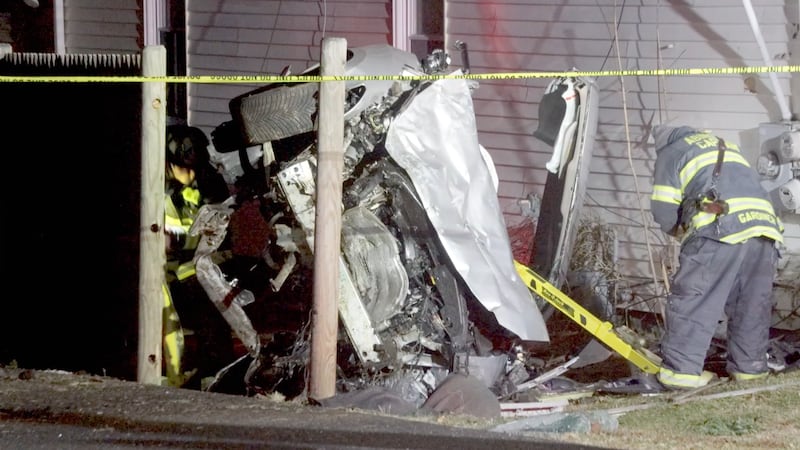LOWELL, Mass. — Arthur Davis has been imprisoned for nearly 33 years after being convicted of beating a woman to death at Lowell City Hall. But a new trial could set him free.
On the morning of February 10, 1985, 23-year-old Patricia Richard was found beaten to death at Lowell City Hall around 9 a.m. Her naked body was found in a stairwell outside, with her clothes strewn about.
Davis didn't know her. But he lived nearby.
In his trial in 1986, a coworker at a nursing home told the jury Davis showed up to work around 9 a.m. saying he was late because a woman had been beaten to death near his apartment and police were asking people questions -- apparently indicating Davis knew about the body before it was discovered.
But that statement now appears to be one of the only things linking him to the crime as all physical evidence from the trial has been negated by new DNA testing.
Blood samples collected from evidence, kept for 33 years under lock and key, were retested for DNA profiles using techniques that simply didn't exist in 1985.
In light of the new evidence, a defense team for Davis filed a motion for a new trial, which was granted Tuesday by Superior Court Judge Maynard M. Kirpalani.
Kirpalani had previously denied an appeal on different grounds, but granted this new trial, writing, "new evidence casts real doubt on the conviction when the evidence "would have been a 'real factor' in the jury's deliberations."
Davis was identified as someone who frequented the area and was questioned by police after the murder. Police became suspicious of Davis when he gave differing accounts of his evening.
In a search of Davis' apartment, police found a blood spot on his comforter, a blood spot on a pair of pants, a blood spot on a jacket and a red stain on a bag.
At trial in 1986, police would argue the blood they found in his apartment matched the same blood type as the victim. They would also point to a cigarette butt found with the victim's body as matching Davis' blood type.
But in the intervening years, the construction of DNA profiles from blood samples would allow scientists to exclude both Arthur Davis and Patricia Richard as the source of any of that physical evidence.
"the victim in this case is absolutely excluded from having contributed any of the biological material on anything in Arthur's procession," New England Law Professor David Siegel said.
The DNA profile made from the cigarette butt matched an 'unknown male,' according to scientists from Cellmark, the lab that conducted the tests.
"You can absolutely exclude that person from having contributed that sample," Siegel said.
The Commonwealth argued against the defense's motion for a new trial, citing an apparent confession given by Davis during an hours-long, unrecorded interrogation.
"The pressures of a 10-hour interrogation on a person with the mental disabilities that Arthur had resulted in an untrustworthy account of what occurred," Christopher Schultz said.
His defense team pointed out the detective who conducted that interview was later dismissed from the force in 'disgrace.'
But the physical evidence, according to Judge Karpalani, formed a "central issue in the case."
"Where DNA evidence eliminates evidence that, in light of the testing results, should never have been submitted to the jury, a new trial may be ordered if 'subsequently eliminated inculpatory evidence likely did play an important role in the jury's deliberations,'" Karpalani wrote in his decision.
With all of the physical evidence tossed out, Davis will now get a new trial and a new chance to clear his name.
Boston 25 News has reached out to prosecutors, who said they have not yet decided if they will retry the case.
Cox Media Group





